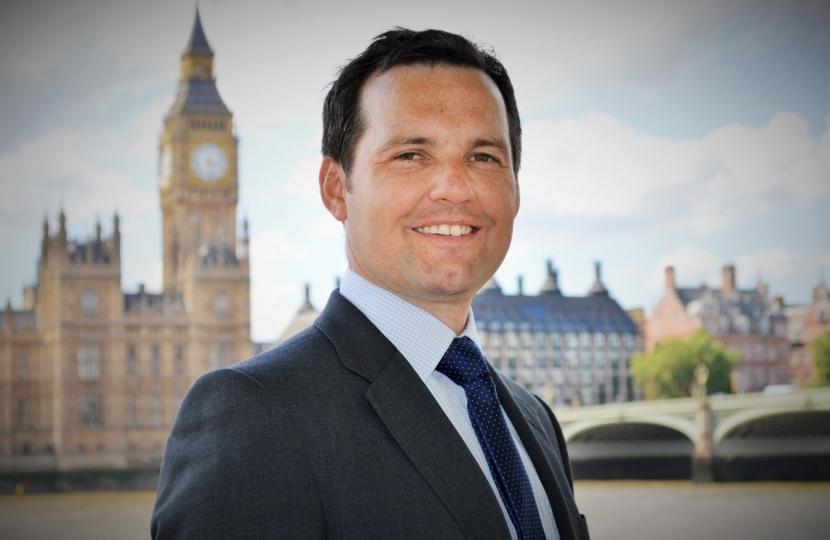
As politicians look forward to the local elections on 6th May we have to hope that as many people will get out to vote as possible. There will be more voters taking the option of casting their ballot by post and others taking the opportunity to have someone else do it by proxy.
Politicians are often disappointed at the low turnout in local elections as many people do not feel that these elections are very important. Typically, in a general election, the turnout is about two thirds of the electorate, but it plummets to about one third in local elections.
Politics can too often be dominated by the national issues which means that there is not enough understanding of how important local democracy is and how key to it is to delivering effective and good quality local services.
In fact, far more people contact me about local council services than they do about national questions. Obviously, the overall responsibility often lies with national government for many of the services we use but it is the quality of our local government that really counts when we consider the effective delivery of these services.
This applies when it comes to so many issues from health to the condition of our roads. As an example, the Secretary of State for Transport will not get involved directly if you have a problem with a few potholes on your street, but your local councillor should. Often, they will find out when the next repair is due and, if it is going to take a long time, they can get the council repair team to take action.
Many of these local actions that can be dealt with by local councillors can also be sorted out by the local MP. In fact, when I was first elected, I had a complaint from the council that I was creating too much casework for them as I was trying to help my constituents. MPs often have a close working relationship with their local council and councillors, even though you may not normally see it. This type of relationship is why MPs often have such a high regard for the work of our councillors, and council officers and workers.
One of the main ways that national policy is driven is by the concerns bubbling up locally which identify a problem that can then be taken to ministers or even appear as questions to the Prime Minister.
There is an increasing shift in how people vote at the local level when compared to how they vote in a general election. The vast majority of national votes are for the two main political parties but there is an increasing local fragmentation with the rise of hyper-local parties and independent candidates.
Obviously, I have a slight political bias on who I would recommend you vote for on May 6th, but it is so important that you do exercise your democratic right.


